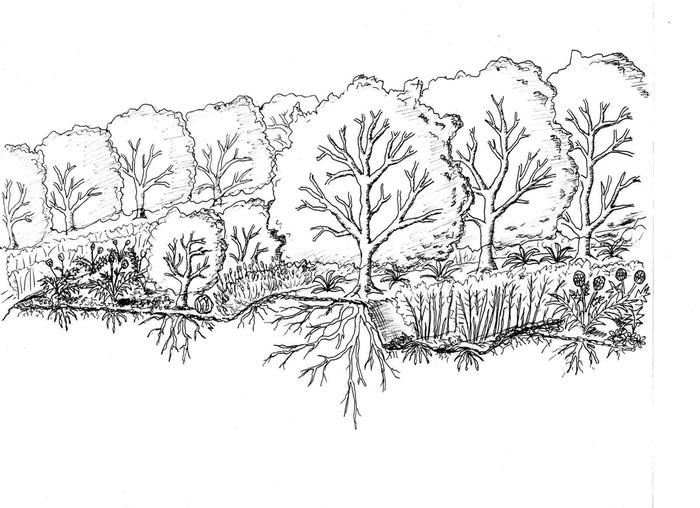









Permaculture will save civilization: http://www.human20project.com









Permaculture will save civilization: http://www.human20project.com




Permaculture will save civilization: http://www.human20project.com








 )
)








"Wyoming Senator Alan Simpson" wrote:If a person has integrity, nothing else matters. If a person doesn't have integrity, nothing else matters.
Seed the Mind, Harvest Ideas.
http://farmwhisperer.com




TheLight wrote:
If you're going to farm as a way of life, that is, as a job, you need to be profitable. Period.
 Very few people in this country make a living from farming, most have another income. So to demand a permie farmer be profitable would be demanding what few other farmers actually achieve.
Very few people in this country make a living from farming, most have another income. So to demand a permie farmer be profitable would be demanding what few other farmers actually achieve.Idle dreamer








Idle dreamer




Permaculture will save civilization: http://www.human20project.com




Idle dreamer





Permaculture will save civilization: http://www.human20project.com












Idle dreamer




 I'm talking about the difference between profit and expense. If a business owner can't distinguish between profit and expense, they probably aren't going to be able to operate their business very long.
I'm talking about the difference between profit and expense. If a business owner can't distinguish between profit and expense, they probably aren't going to be able to operate their business very long. 
Idle dreamer
 1
1




My books, movies, videos, podcasts, events ... the big collection of paul wheaton stuff!












pubwvj wrote:
If you go into business not planning to profit you will likely succeed at that.

Idle dreamer




H Ludi Tyler wrote:It might depend on what you mean by "profit."





.





Idle dreamer




H Ludi Tyler wrote:
I think permaculture offers many opportunities to turn a potential expense into a potential profit. Waste management is an expense for a lot of businesses, but it seems to me a well-designed permaculture has little if no waste and so those materials can be used to offset other costs (such as feed, fertilizer and fuel), reducing total expenses and so resulting in larger profits. At least I like to think so.

.








It is great because not only does the consumer have better food - which they obviously value more than the money they spent- but the farmer benefits as well. Everybody wins!Richard Hasting wrote:
if you sell such an awesome product that people are willing to pay handsomely for it, and you make bunches of cash, that is great!
Then with that cash, you can do MORE awesome stuff.




Richard Hasting wrote:
So Ludi,
are you trying to say that it is wrong to have a bumper crop and somehow cover all your expenses and have $10,000 more in the bank than you did in the prior year? Or are you saying that "As long as you don't lose money, you can stay in business?"
Idle dreamer




H Ludi Tyler wrote:
I think permaculture offers many opportunities to turn a potential expense into a potential profit. Waste management is an expense for a lot of businesses, but it seems to me a well-designed permaculture has little if no waste and so those materials can be used to offset other costs (such as feed, fertilizer and fuel), reducing total expenses and so resulting in larger profits. At least I like to think so.
Idle dreamer









Idle dreamer

|
That's a very big dog. I think I want to go home now and hug this tiny ad:
Freaky Cheap Heat - 2 hour movie - HD streaming
https://permies.com/wiki/238453/Freaky-Cheap-Heat-hour-movie
|

